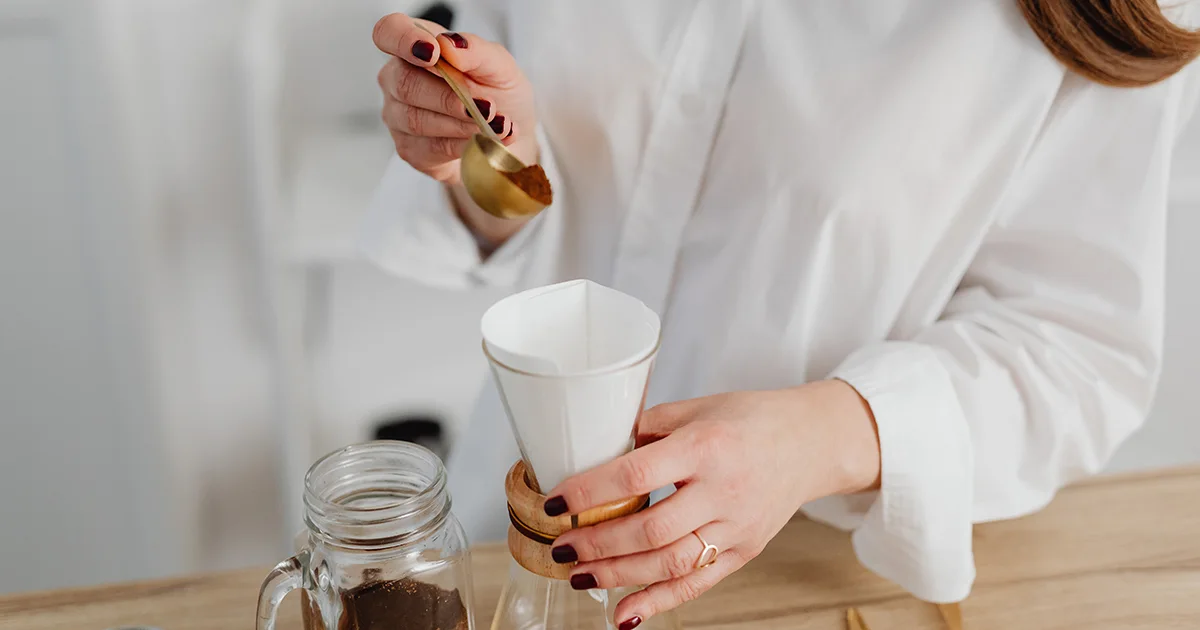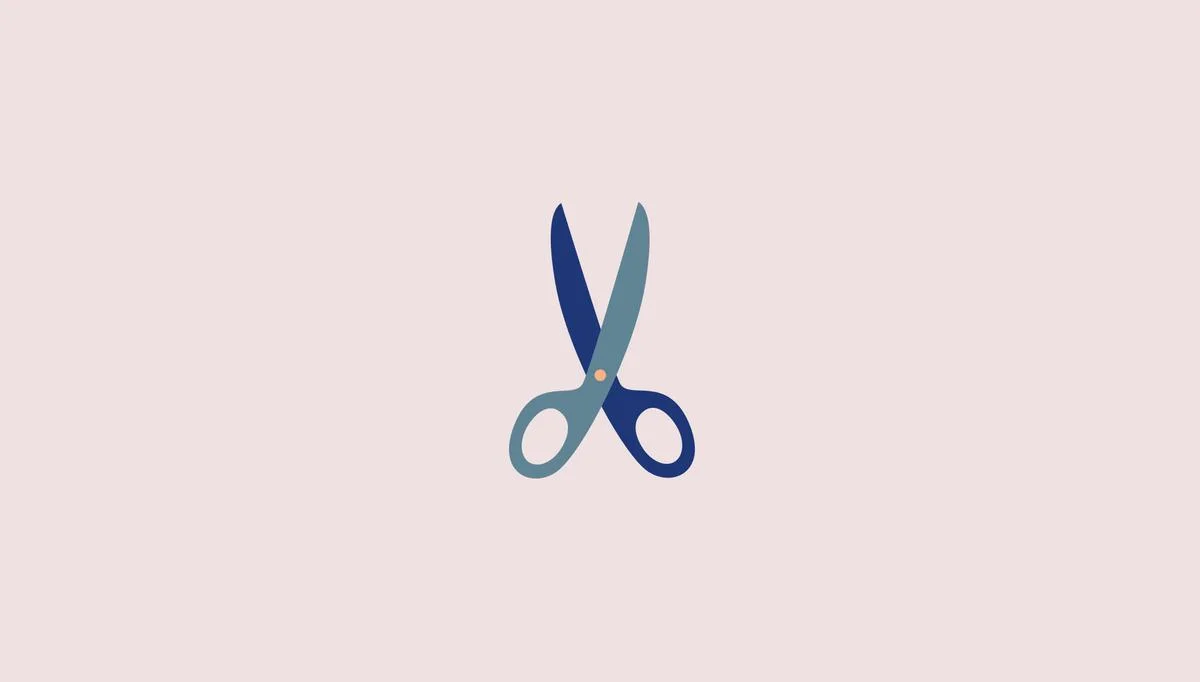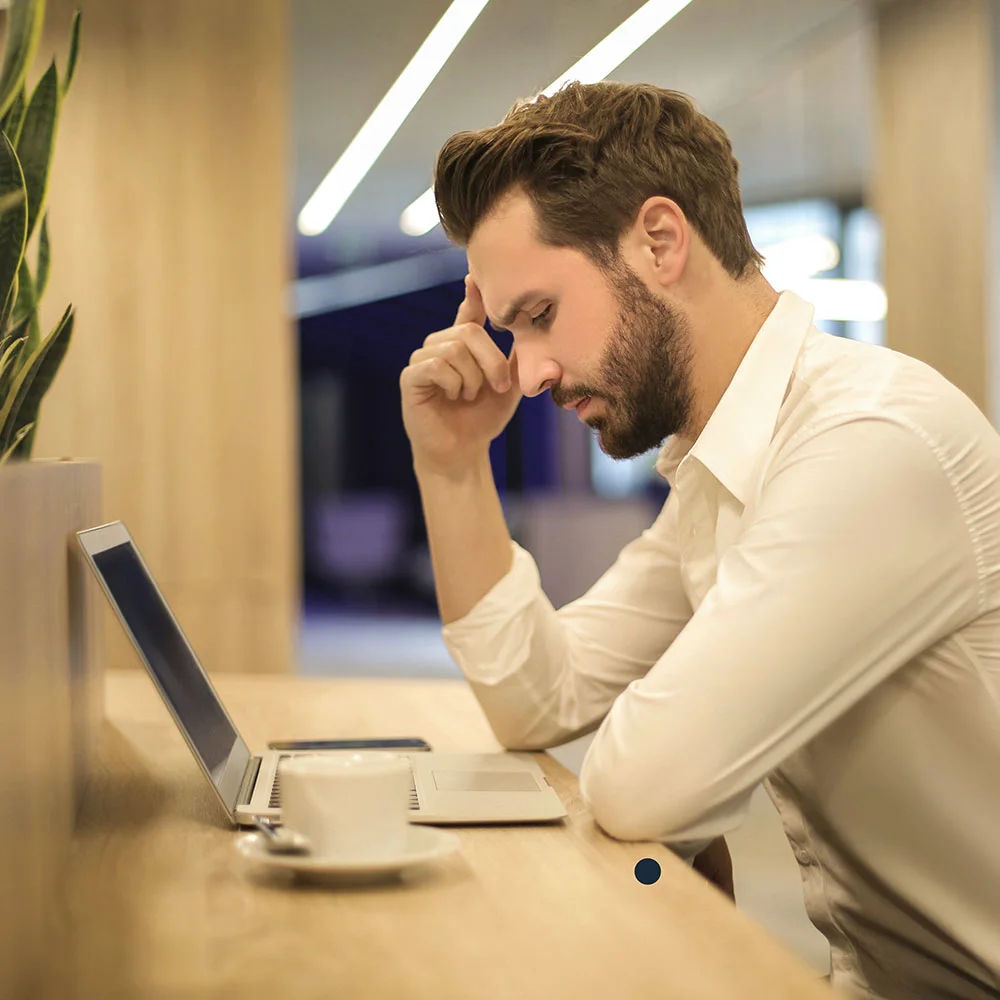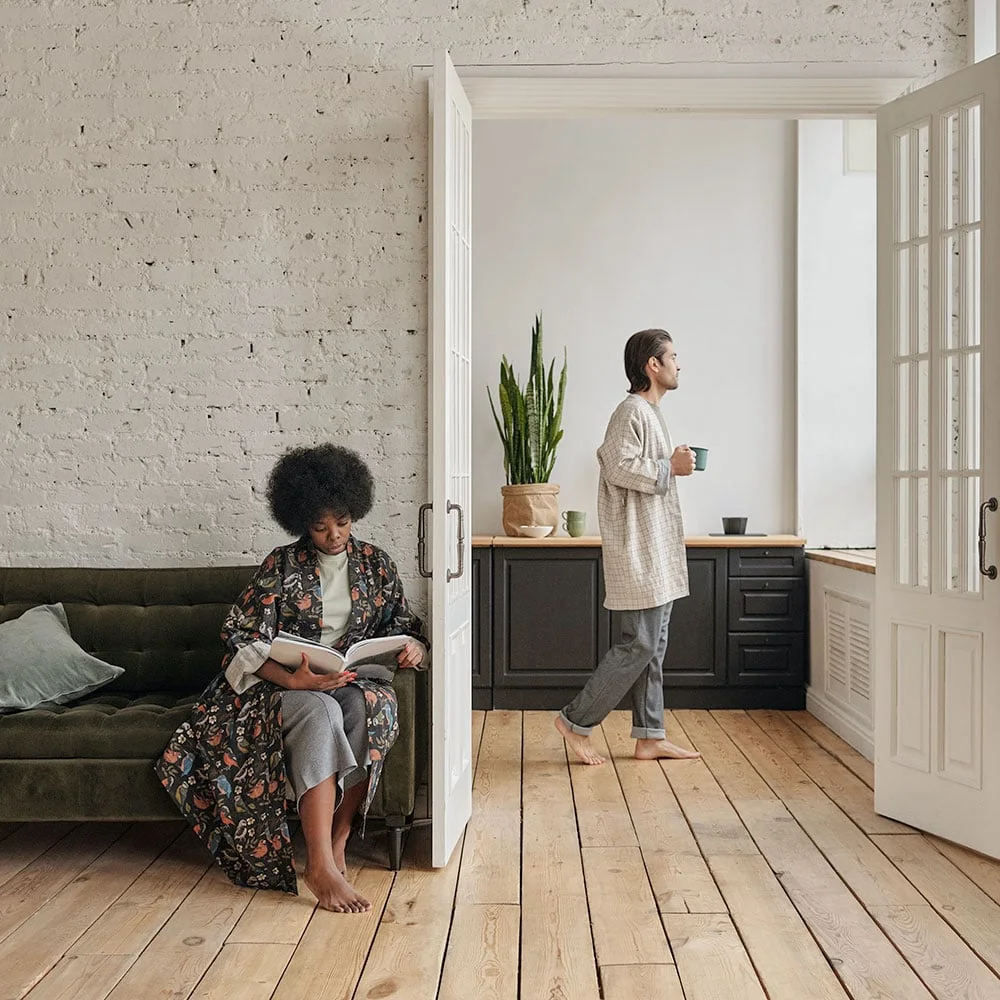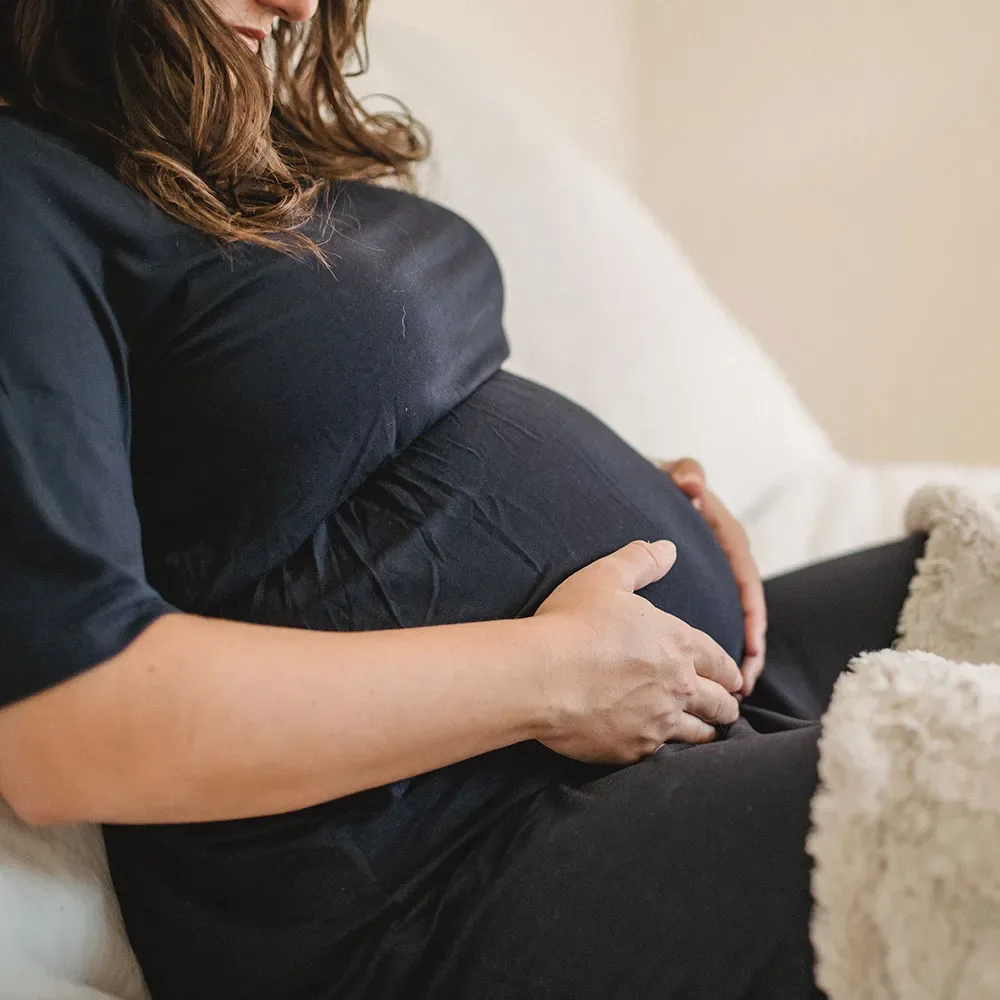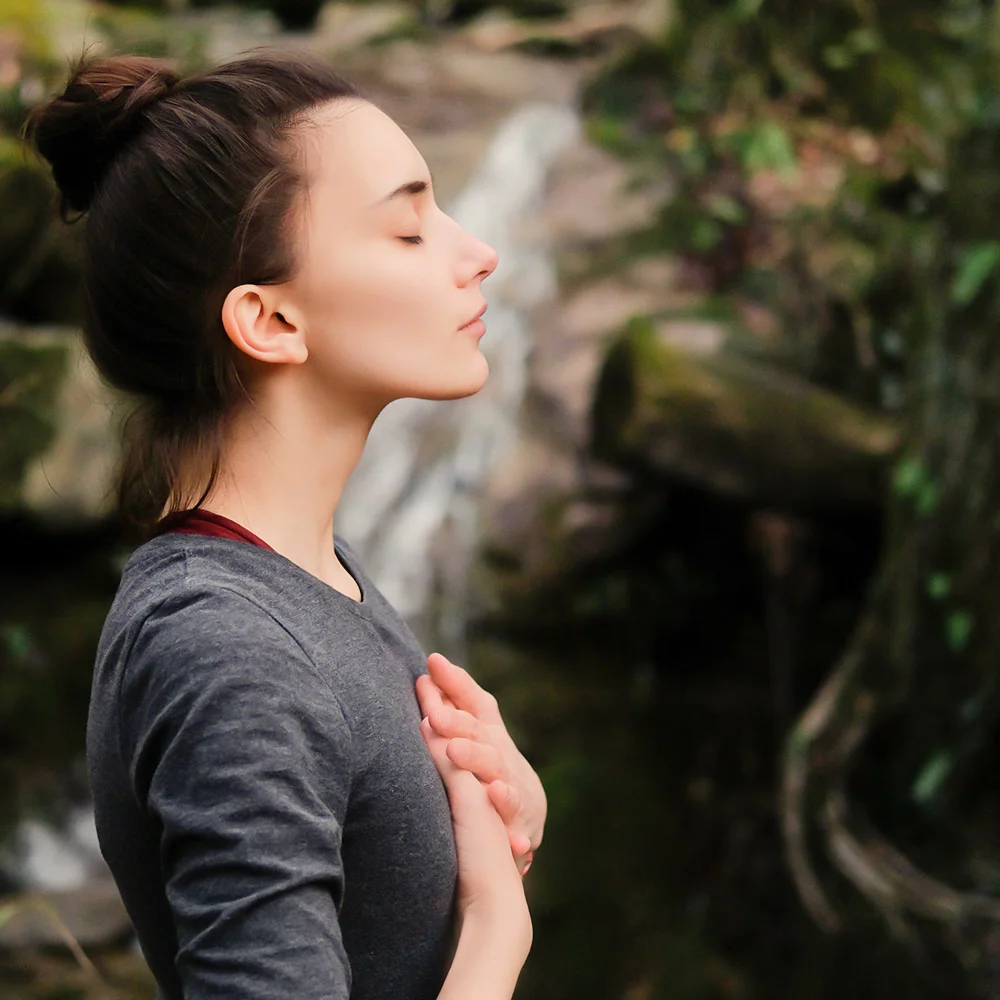Here's what we'll cover
Here's what we'll cover
Here's what we'll cover
We’re experiencing an epidemic of sleep problems in the U.S. with one in three adults not getting enough sleep (NIH, 2022). For many people, getting a good night’s rest might just be a matter of establishing healthy pre-sleep practices, called sleep hygiene.
What is sleep hygiene?
Sleep hygiene is a range of practices you can adopt before going to bed at night and during the day for better sleep. A significant part of good health is good habits. Adopting healthy sleep habits and correcting poor sleep hygiene can make all the difference in your quality of sleep.
These practices aren’t written in stone, though. You can adapt them to your lifestyle and preferences. Incorporate as many as possible into your routine, and see what works for you.
What are good sleep hygiene practices?
Here are some tips for good sleep hygiene (Irish, 2015; Momin, 2020; Lillehei, 2015; Adib-Hajibaghery, 2017; Haybar, 2018):
Make sure you have a firm, comfortable mattress—Soft, saggy mattresses can lead to restlessness and discomfort during the night and aches and pains in the morning.
Put yourself on a consistent sleep schedule—Wake up and go to bed at the same time every day, give or take 20 minutes.
Limit daytime napping—Ideally, don’t nap at all. If you really need that nap, limit it to no more than 30 minutes in the early afternoon.
Get regular exercise—As little as 30 minutes of aerobic exercise during the day can help prime your body for sleep later on. But don’t exercise within a few hours of bedtime—it will stimulate your body and make it more challenging to get to sleep.
Limit your caffeine intake—If you drink coffee, tea, or other caffeinated beverages (like some sodas), drink them only in the morning or early afternoon. Caffeine has a half-life—the time it takes your body to process half of a substance—of 3–7 hours. That means it can take over half a day for your body to process the caffeine so that it does not affect you. And the older you are, the longer it takes to process caffeine.
Eat dinner in the early evening—Avoid late-night meals, especially large meals. Eat healthy foods, and don’t eat foods that give you gas or are hard to digest, like food that’s heavy in carbohydrates and fried, processed, and spicy foods.
Drink alcohol moderately, if at all—Avoid drinking alcohol several hours before bedtime. Drinking alcohol may cause you to fall asleep more quickly, but you’re also more likely to wake up during the night.
Don’t smoke in the evening (or, preferably, at all)—Nicotine acts as a stimulant on your nervous system and is linked with poor sleep quality (Zandy, 2020).
Drink a cup of soothing herb tea—Teas such as chamomile and lemon balm can have a calming effect. Smelling lavender essential oil can also help you feel sleepy.
Don’t view or read anything exciting or stimulating—Watching a violent movie, reading a scary book, or doing anything else that stimulates your nervous system close to bedtime, can keep you from sleeping well.
Keep the room dark and avoid bright light—Wear an eye mask if your room is too bright
Avoid using digital devices, like a smartphone—Blue light from electronic devices can signal your brain that it’s still daytime. If you must use a device, it may help to dim the brightness and turn on night mode, which filters out blue light.
Try autonomous sensory meridian response (ASMR) videos—Many find these videos, which are widely available online, to be relaxing.
Take a warm bath.
Do relaxation exercises—Certain types of yoga or stretches help to release tension.
Keep it quiet—If your sleeping space is noisy, use earplugs or white noise (like a fan) to drown out the sound.
Listen to soothing music, nature sounds, or a sleep story—You can find these online and also in relaxation and meditation apps.
Keep your bedroom temperature on the cool side.
Use your bed for sleep and sex only—Don’t read or watch TV in bed. That way, your brain will associate your bed with sleep.
Get out of bed if you can’t sleep—If you wake up in the middle of the night and can’t get back to sleep in five to ten minutes, get up. Don’t lie awake in bed.
Why is restful sleep important?
Good-quality sleep is essential for the proper functioning of your body. Sleep is necessary for vital processes, including learning, memory, and emotional regulation, along with proper cardiovascular and metabolic functioning and cellular toxin removal (Mukherjee, 2015).
So not getting a good night’s sleep is more than just annoying. Poor sleep is linked with lack of motivation, emotional problems, and impaired thinking, as well as an increased risk for serious medical conditions (such as diabetes, heart disease, and cancer) and death from any cause. This is true even when your symptoms aren’t severe enough to qualify as a clinical sleep disorder (Irish, 2015).
How many hours of sleep should you get at night?
It’s recommended that adults get from seven to nine hours of sleep each night (Mukherjee, 2015).
What if you still can’t sleep?
For some people, good sleep hygiene may not be enough to produce restful sleep. If you’ve tried the above practices and are still having problems sleeping, you may have a disorder you’re unaware of, such as sleep apnea. You may need to combine sleep hygiene with other therapies, such as sleep restriction, stimulus control, relaxation, and cognitive-behavioral therapy for insomnia (Kaur, 2020). Talk to your healthcare provider.
DISCLAIMER
If you have any medical questions or concerns, please talk to your healthcare provider. The articles on Health Guide are underpinned by peer-reviewed research and information drawn from medical societies and governmental agencies. However, they are not a substitute for professional medical advice, diagnosis, or treatment.
References
Adib-Hajbaghery, M., & Mousavi, S. N. (2017). The effects of chamomile extract on sleep quality among elderly people: A clinical trial. Complementary Therapies in Medicine , 35 , 109–114. doi: 10.1016/j.ctim.2017.09.010. Retrieved from https://pubmed.ncbi.nlm.nih.gov/29154054/
National Institute of Health. (2022). What Are Sleep Deprivation and Deficiency? . Retrieved from https://www.nhlbi.nih.gov/health/sleep-deprivation
Haybar, H., Javid, A. Z., Haghighizadeh, M. H., Valizadeh, E., Mohaghegh, S. M., & Mohammadzadeh, A. (2018). The effects of Melissa officinalis supplementation on depression, anxiety, stress, and sleep disorder in patients with chronic stable angina. Clinical Nutrition ESPEN , 26 , 47–52. doi: 10.1016/j.clnesp.2018.04.015. Retrieved from https://pubmed.ncbi.nlm.nih.gov/29908682/
Irish, L. A., Kline, C. E., Gunn, H. E., Buysse, D. J., & Hall, M. H. (2015). The role of sleep hygiene in promoting public health: A review of empirical evidence. Sleep Medicine Reviews , 22 , 23–36. doi: 10.1016/j.smrv.2014.10.001. Retrieved from https://www.ncbi.nlm.nih.gov/pmc/articles/PMC4400203/
Kaur H, Spurling BC, Bollu PC. (2020). Chronic insomnia. [Updated 2020 Nov 19]. In: StatPearls [Internet]. Treasure Island (FL): StatPearls Publishing; 2021 Jan-. Retrieved from https://www.ncbi.nlm.nih.gov/books/NBK526136/
Lillehei, A. S., Halcón, L. L., Savik, K., & Reis, R. (2015). Effect of inhaled lavender and sleep hygiene on self-reported sleep issues: a randomized controlled trial. Journal of Alternative and Complementary Medicine (New York, N.Y.) , 21 (7), 430–438. doi: 10.1089/acm.2014.0327. Retrieved from https://www.ncbi.nlm.nih.gov/pmc/articles/PMC4505755/
Momin RR, Ketvertis K. (2020). Short term insomnia. [Updated 2020 Sep 22]. In: StatPearls [Internet]. Treasure Island (FL): StatPearls Publishing; 2021 Jan-. Retrieved from https://www.ncbi.nlm.nih.gov/books/NBK554516/
Mukherjee, S., Patel, S. R., Kales, S. N., Ayas, N. T., Strohl, K. P., Gozal, D., et al. (2015). An official American Thoracic Society Statement: the importance of healthy sleep. Recommendations and future priorities. American Journal of Respiratory and Critical Care Medicine , 191 (12), 1450–1458. doi: 10.1164/rccm.201504-0767ST. Retrieved from https://www.ncbi.nlm.nih.gov/pmc/articles/PMC5442970/
Zandy, M., Chang, V., Rao, D. P., & Do, M. T. (2020). Tobacco smoke exposure and sleep: estimating the association of urinary cotinine with sleep quality. Exposition à la fumée du tabac et sommeil : estimation de l’association entre concentration de cotinine urinaire et qualité du sommeil. Health Promotion and Chronic Disease Prevention in Canada: Research, Policy and Practice , 40 (3), 70–80. doi: 10.24095/hpcdp.40.3.02. Retrieved from https://www.ncbi.nlm.nih.gov/pmc/articles/PMC7093068/



